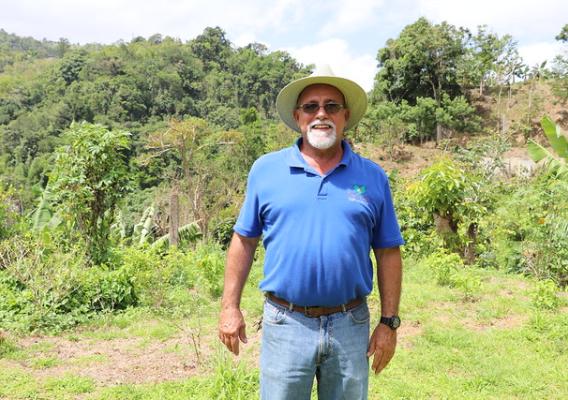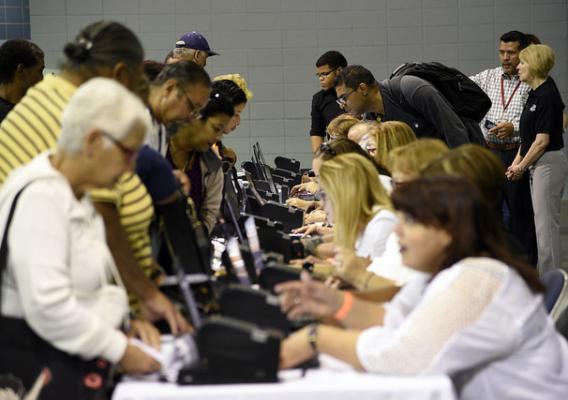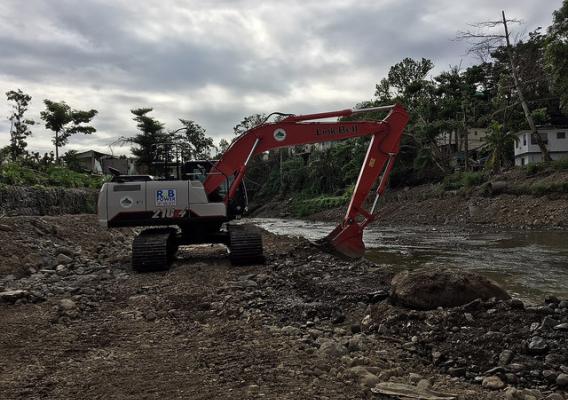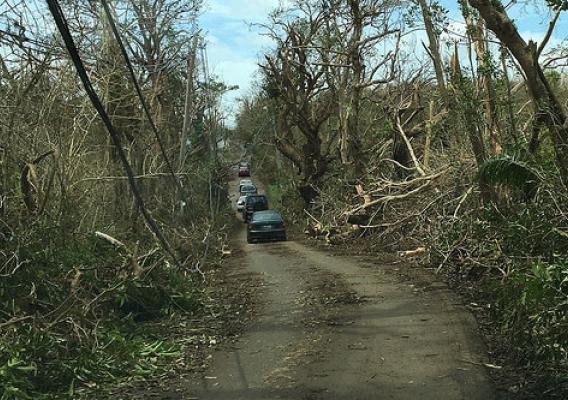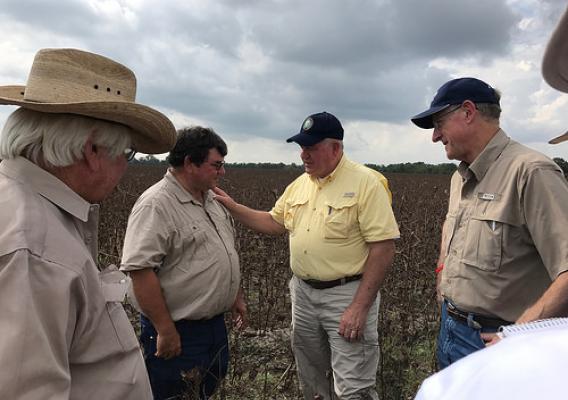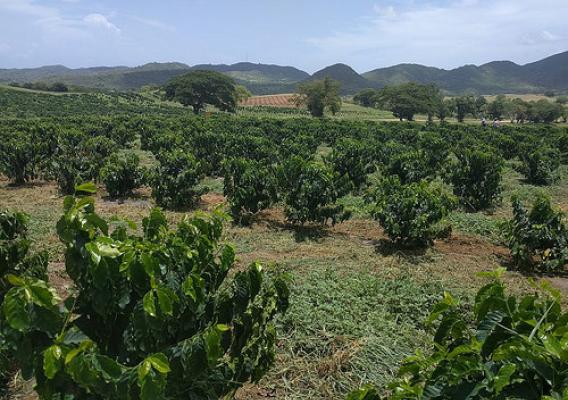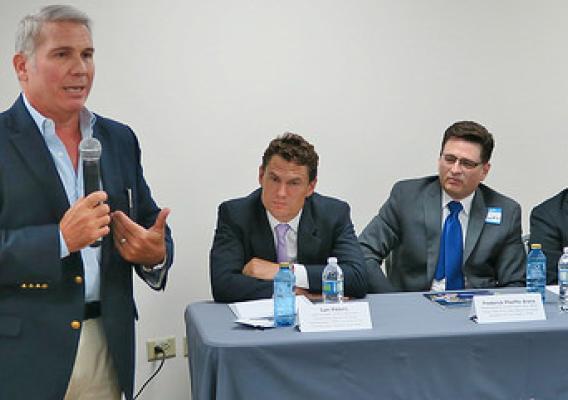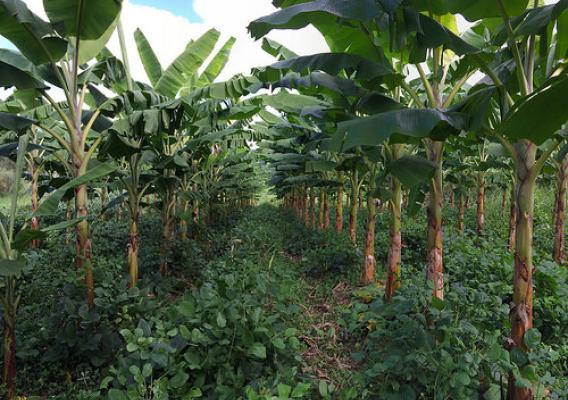When Roosevelt Roads Naval Base ceased operations in 2004, the surrounding region suffered a significant population and financial loss. The land transfer process from the Navy to the local government created the Local Redevelopment Authority (LRA), entity with the responsibility of leading the rebuilding process and revitalization of the former base and the adjacent communities of Ceiba, Fajardo and Naguabo. The collaboration between the LRA and the communities seeks to improve public infrastructure and renovate economic activity in the area, as well as improve access to health care, improve educational opportunities, reduce crime, and spur job creation.
The area served by the Roosevelt Roads LRA in eastern Puerto Rico was recently designated a Promise Zone by President Obama. This designation made the region eligible for funding that can help them develop job training for a modern workforce, improve access to education, and provide for the development of improved public safety and affordable housing.

